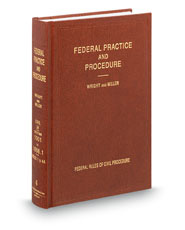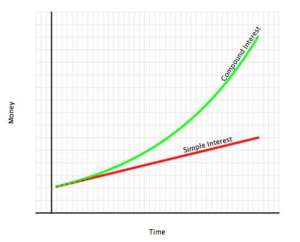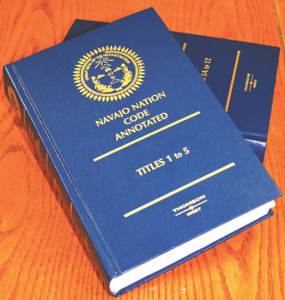 More mandamus news of Trinity Industries, the Fifth Circuit, and the Marshall Division of the Eastern District of Texas. Recall that last October, the Fifth Circuit issued an unusual mandamus ruling that denied Trinity’s request for relief on the eve of trial in a high-profile qui tam case, but expressed concern that the federal government had “found the defendant’s product sufficiently compliant with federal safety standards and therefore fully eligible, in the past, present and future, for federal reimbursement claims.” The case went forward, the jury returned a large verdict against Trinity, and a later mandamus petition by Trinity was unavailing. Judgment has not yet been entered.
More mandamus news of Trinity Industries, the Fifth Circuit, and the Marshall Division of the Eastern District of Texas. Recall that last October, the Fifth Circuit issued an unusual mandamus ruling that denied Trinity’s request for relief on the eve of trial in a high-profile qui tam case, but expressed concern that the federal government had “found the defendant’s product sufficiently compliant with federal safety standards and therefore fully eligible, in the past, present and future, for federal reimbursement claims.” The case went forward, the jury returned a large verdict against Trinity, and a later mandamus petition by Trinity was unavailing. Judgment has not yet been entered.
The same players have returned to a similar stage. In January 2015, in a product liability case arising from a North Carolina automobile accident, Trinity moved to transfer venue from the Marshall Division. As discovery deadlines approached, Trinity filed an emergency stay application on May 6, and after hearing no response, sought mandamus relief from the Fifth Circuit on May 15. Later that day, the trial court ordered a transfer to North Carolina, mooting the mandamus petition.
Now it was the trial court’s turn to comment, adding an unusual “addendum” to its opinion. The trial court pointed out that it was already in the process of drafting an order to transfer venue when Trinity filed its mandamus petition. The court further noted that “Trinity has stumbled in its race for credibility” by seeking mandamus intervention, and counseled greater patience from litigants in the future in light of crowded docket conditions.
These events, aside of their dramatic nature, highlight a practical and important challenge of “rocket dockets.” Busy dockets, coupled with tightly compressed discovery schedules, can force counsel into “Catch-22” situations. Counsel either advises their clients to endure extensive, fast-paced litigation activity that they believe is in the wrong place, or risk the ire of courts by “bugging” them for dispositive rulings.
(This blog’s author represents Trinity but not in either matter referred to above.)
 1. As the Supreme Court term wound down, it affirmed the panel opinion in Baker Botts LLP v. ASARCO, holding that under the Bankruptcy Code: “Section §330(a)(1) does not permit bankruptcy courts to award fees to §327(a) professionals for defending fee applications.” No. 14–103 (U.S. June 15, 2015).
1. As the Supreme Court term wound down, it affirmed the panel opinion in Baker Botts LLP v. ASARCO, holding that under the Bankruptcy Code: “Section §330(a)(1) does not permit bankruptcy courts to award fees to §327(a) professionals for defending fee applications.” No. 14–103 (U.S. June 15, 2015).















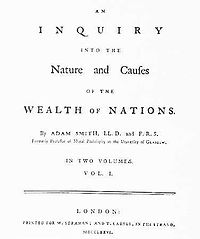

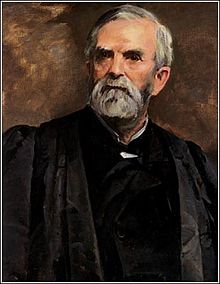






















 jewelrymaker, reasoning:
jewelrymaker, reasoning:




